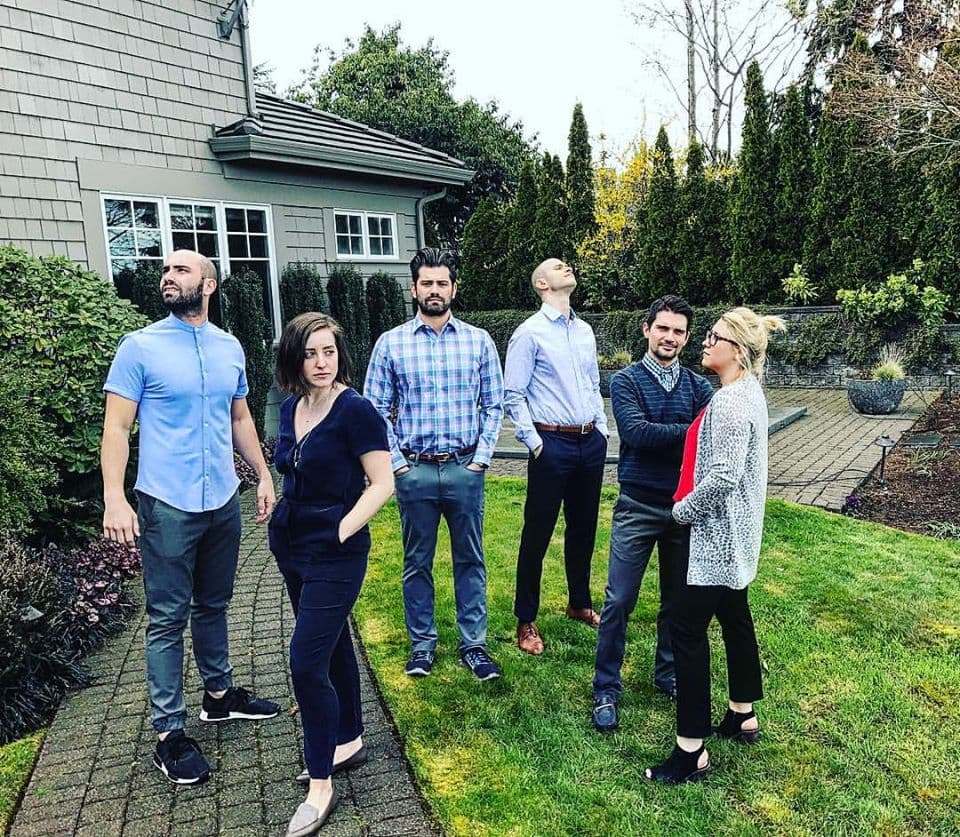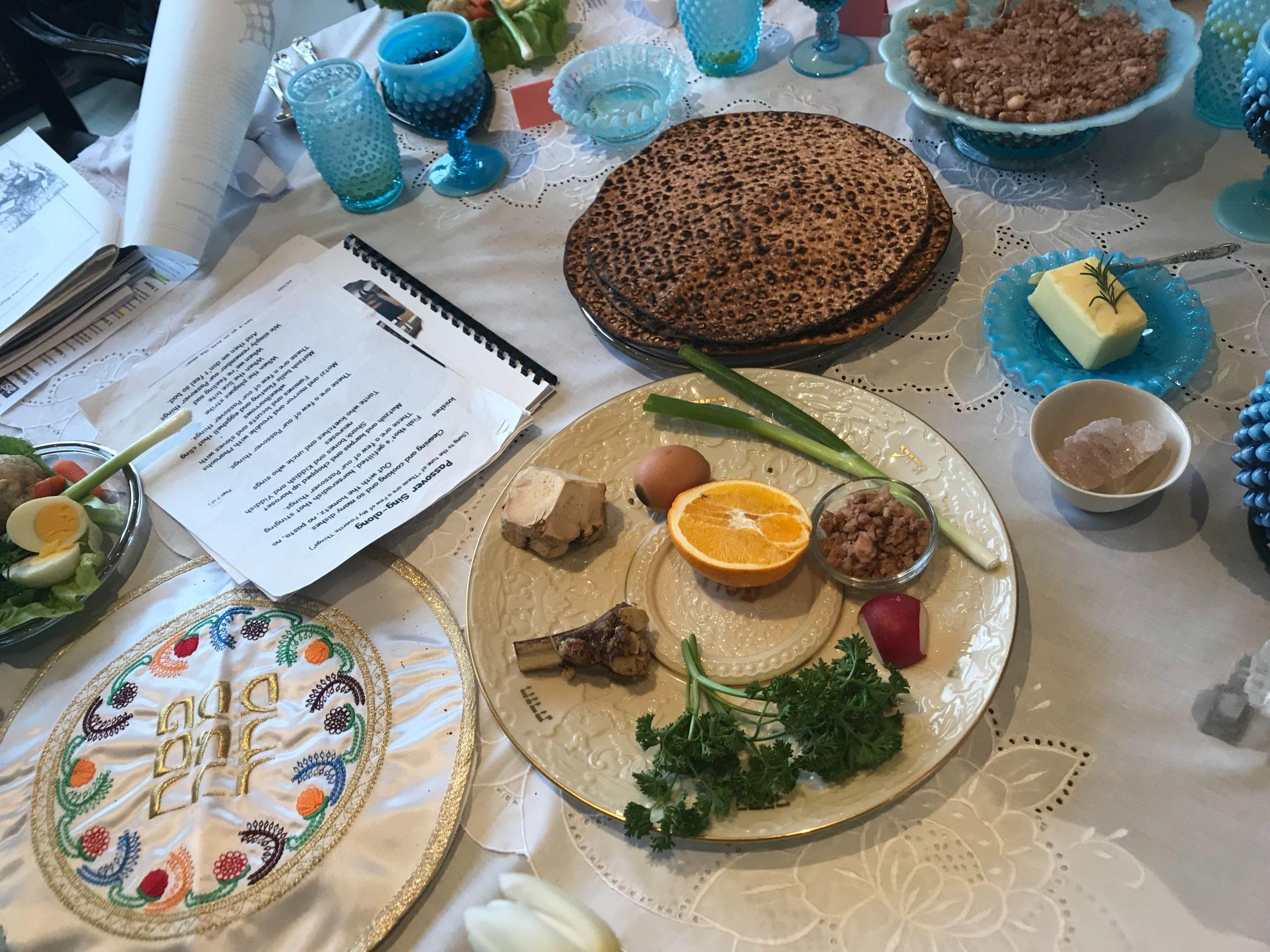"April 8. 5:15 p.m. Pacific. Zoom Sedar. Does that work for everyone?" My cousin Jordan wrote in our family group text message. We seem to be using that forum a lot more these days. It's been great, especially when one of our parents thinks they're sending a private text message to just one person.
"That works for us, Jordy," I responded. I'm still waiting for the rest of my family to confirm they'll be joining, and I'm really not quite sure what the hold up is. The eight of us all planned to take time off work and be together in Seattle at that time, just like we always do for the first two nights of Passover, which begins this year on April 8. The Jewish holiday retells the story of the Jewish peoples' journey out of Egypt and liberation from slavery. It's a holiday about perseverance, new beginnings, hope. People. Freedom.
And every year in January, the eight of us send out emails about dates, request time off work and book flights to be together for Passover in April.
A month ago, we all canceled our trips.
The Seattle Passover tradition with my immediate family plus my aunt, uncle, and two cousins has only been around for about 10 years. Before that, it was just my parents, my dad's sister, my brother, Bubbie and me.
Bubbie, my mom's mom, was a Holocaust survivor. She was warm and loving. But on Passover, you could feel the weight of her grief with every song she sang through the tears she couldn't stop. Her own story of freedom was one she had always felt trapped by.
We started having Passover with my mom's brother in Seattle a few years after Bubbie died. All of us (along with our new husbands and wives, extended family and close friends) would start the holiday a few days early, making brisket, Matzo ball soup, chopped liver, charoset and gefilte fish, using recipes passed down from generations. Passover to us became more than just a holiday. It was like a family reunion that you actually wanted to be at.

My aunt and uncle's Seder (meaning "order" in Hebrew) grew each year by many place settings -- I think the most we've had was 22 people. One of the rituals of Passover is to open your home to people from all walks of life -- strangers even -- to share in good wine, good food, good conversation, good stories.
Everything on Passover has meaning: from the parsley (represents spring, and new beginnings) on the Seder plate, to the saltwater you dip it in (represents tears we've shed), to the candlestick holders my aunt found in Europe. They have Hebrew letters carved into them, in a secret compartment.
And during the meal, as we retell the story of Exodus, we talk about what suffering and hope looks like to each of us, in our current lives.
It's a strange thing to be celebrating a group holiday in isolation. It's not the same to cook the recipes alone, not that anyone would be around to eat them. But I suppose there's meaning in that as well.
A few years ago, my uncle started the Seder by posing a question to everyone at the table. "What does freedom mean to you, in your life?" he asked.
After about 16 people gave their responses, it was my mom's turn to answer. "Freedom is a state of mind," she said. "A state of inner peace. You need to feel good about who you are to truly feel free."
I didn't think much about her answer at the time, but I've been thinking a lot about what it means lately. We're each in states with different stay-at-home orders, lasting different amounts of time. We don't know when we'll see each other again, or when some of us will be able to get back to work.
If freedom is about feeling at peace with who you are, freedom can exist in isolation. Freedom can exist in our own perseverance. We find little things to make us feel good about who we are, as safely as possible. That's something Bubbie certainly had a lot of experience with.
I'll set the table on Thursday, but just for me and my husband. We'll have most items we need for a Seder plate but not everything (who do I need to call to get a shank bone?). We'll be using two different Haggadahs since we couldn't all agree on one version.
Even a pandemic couldn't stop us from some sense of normalcy.
I'm assuming we're still on for that Zoom call on the 8th at 5:15 p.m. Pacific, even though everyone else has yet to confirm. And if you find that you'll be alone on Passover, I invite you to join us. I can't invite you into my home, but I can invite you into the stream.
Francie Swidler is the Social Media Editor at Colorado Public Radio. She can be reached at [email protected].











